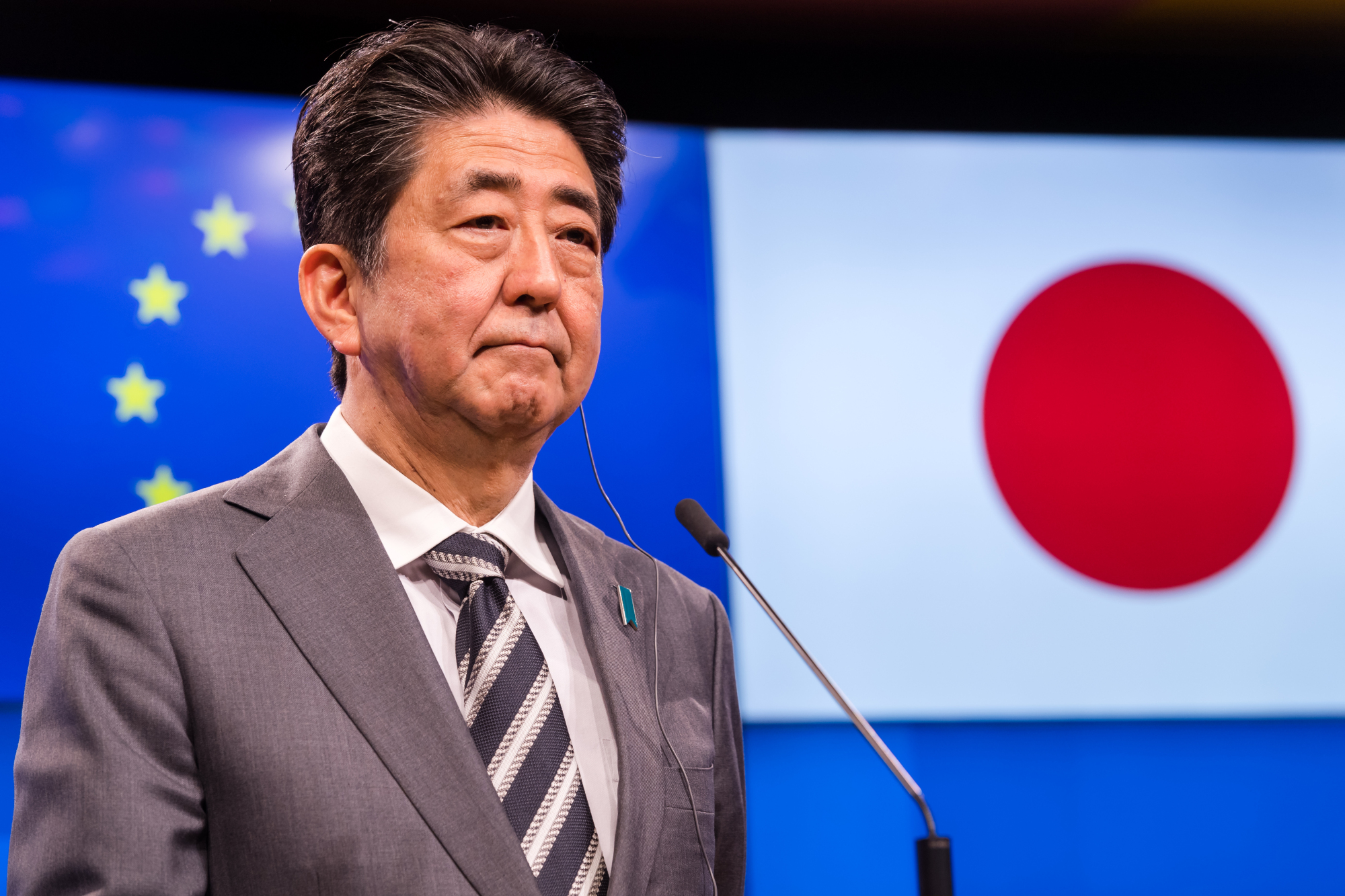Japan today is arguably better placed to expand its role on the global stage than at any time in its postwar history. This is largely thanks to the personal leadership of Prime Minister Shinzo Abe, who is serving an unprecedented third term as president of the ruling Liberal Democratic Party and will soon become the longest-serving prime minister in modern Japanese history.
Another factor of unusual continuity and stability for Japan is its monarchy, the world's oldest. It has been in the spotlight recently with the abdication of now-Emperor Emeritus Akihito and the end of the Heisei Era under his reign, paving the way for the enthronement of his son, Emperor Naruhito, and the new Reiwa Era. The Group of 20 meeting next month in Osaka and the Tokyo Olympics next year are two more events attracting international attention. The question is, what will Japan do with its global moment?
External factors have also helped to bring about this unique moment in Japanese history. The combination of strong leaders in China and Russia and a weak president in the United States — a consequence of deep divisions in U.S. society — have helped open new opportunities for Japan. Given also the weakness of Britain's prime minister and Germany's chancellor, the decisions Japan makes on the global scene could not be more consequential for the future of the international order that has been in place since the end of World War II.

















With your current subscription plan you can comment on stories. However, before writing your first comment, please create a display name in the Profile section of your subscriber account page.